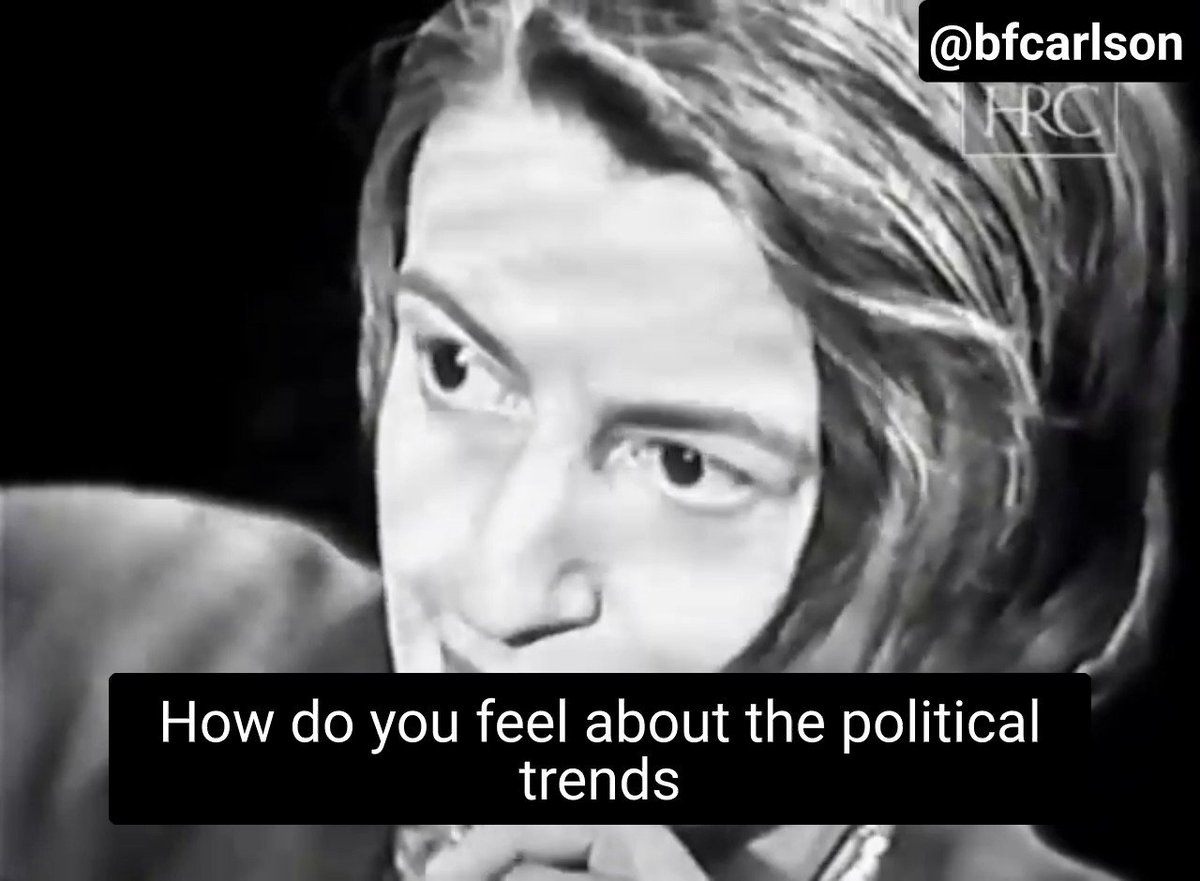The Carlson Letter: How to make people angry at you
|
Hello again, This week's idea is on anger. The ProblemMost people don’t know how to get attention for their ideas. They’re subtle. They’re quiet and subdued. Then there are those who do know how to get attention. In fact, they know too well. You’ve probably already guessed how they do it. It’s a strategy that works…
They make people mad. It’s a fact that anger travels fastest on the internet. It's the emotion that makes people share.
You see something you hate… and you can’t look away. The SolutionThere's a dangerous lesson here for people trying to break through. It’s bad for society if everyone is constantly trying to infuriate one another. But to be a creator, you also can’t be afraid of anger. To what extent should you be willing to make people angry? This week, without quite intending to, I did just that.
My aim was to spark conversation, not provoke. I find most of Ayn Rand's ideas challenging and disagreeable. Some of her views anger me. While the heat of the responses I got was uncomfortable, it did, in fact, start real conversations. And because I believe in the free and open exchange of ideas, I am glad I put it out there. If you want to break through, you need to accept that at times, you will make people mad. If you define the values you stand for, and are acting in alignment with them, don't be afraid of emotion. Even the occasional anger. What I'm Working OnGiven my background, some people have recently been asking me for advice on how to build a profile with media. How to get noticed. How to build their authority. How to land a TED talk. A Forbes article. In response, I launched a small coaching program. The first cohort consists of executives from big tech, consulting, and non-profit. They're getting strategy on how to position themselves to break through. The feedback is encouraging, and I already have interest for the next cohort in February. If you're curious and want to get more information about that, reply to this email or click here. Question of the WeekHave you ever been in a situation where many people were angry at you? How did you respond? As always, please let me know what you think. What resonated with you? What's challenging you these days? Let's talk. Until next time, Ben |
Benjamin Carlson
I'm a communications exec and a former editor at The Atlantic and foreign correspondent. Subscribe for lessons from my 15 years in media and PR
Thought Leadership Lessons from the Greatest Logo Designer of All Time Over the last two years, I’ve traveled through a succession of university archives—aesthetically gorgeous and teeming with deep insights—where I studied the papers of twentieth century visionaries, innovators, and creators. One of them was Paul Rand (1914-1996), a giant of twentieth century graphic design, whose papers are housed at Yale University. Rand was the preeminent logo designer of his day. He created the iconic...
Content Lab: How to Be Positioned Right in 2025 This Jaguar ad is an accidental masterclass in what's changing in the culture and where it's going, right beneath our feet. What might have seemed provocative a year ago now feels utterly tone deaf. What was intended to appear bold, futuristic, and enlightened instead seems flat, cowardly, and anti-human. Consider for a moment. It has no human voices. No smiles. No emotions. No sense of place or time. No melodies. No cities. No food. No roads....
The Carlson Letter Castor and Pollution, Max Ernst, 1923 Do you like your online self? Do you know your online self? Whether you like it or not, one of the first things a new acquaintance will do is Google you. What do they see? If you’re like many of us, they may see a series of results offering to sell your address, phone number, and possible family affiliations. Then they may see a Facebook page (yours, or maybe a namesake’s), your old work headshot, your LinkedIn profile. If you have a...




